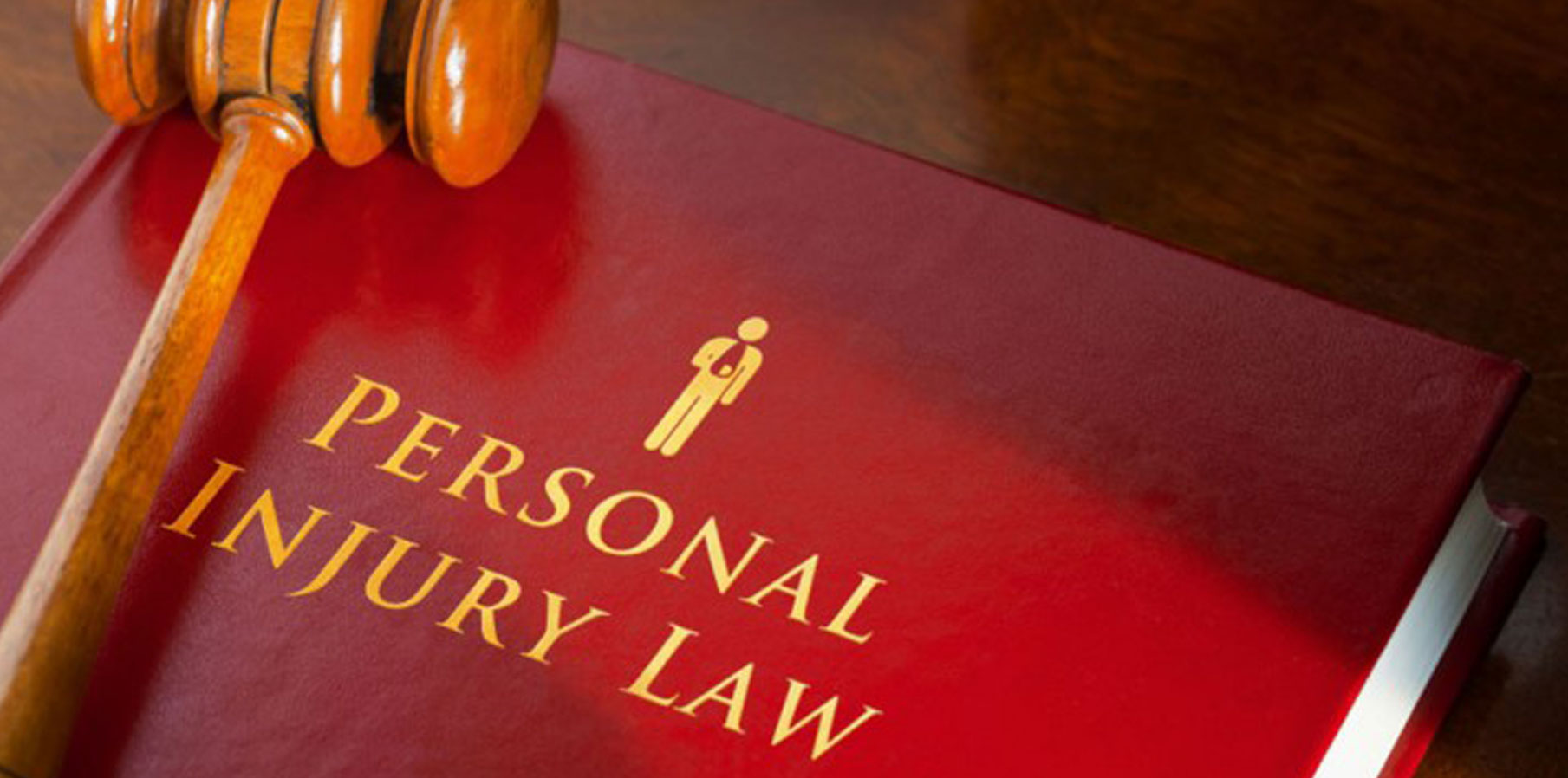The most common type of personal injury case is negligence, defined as the failure to fulfill an owed duty. It may be intentional harm or gross negligence that worsens the incident. The accident may also detract from the victim’s case, but an attorney can know what to look for. On the other hand, intentional torts can happen for various reasons.

Compensatory damages
A person who suffers injuries due to someone else’s negligence may be entitled to compensation. These damages can be awarded as a dollar amount or in a combination of monetary damages and other payment types. These damages are generally reserved for cases where the defendant’s behavior was particularly despicable. Examples of these cases include fraud and malicious acts. In addition, an attorney must demonstrate that a person suffered a specific type of injury due to the defendant’s negligence.
According to personal injury law firm Hillsborough County, economic damages can also include lost wages. This type of compensation can be challenging to prove, particularly if the injured party’s job pays on a commission basis. Other economic damages may include property, medical, and funeral expenses. In addition, in some states, emotional distress is included in pain and suffering compensation. It is important to remember that lost wages are not just the actual cash you lose. However, if your injuries prevent you from working, you may be able to get a fair settlement based on the amount you lost from your job.
Intentional torts
An intentional tort is an action in which the defendant deliberately harms another person or property. Depending on the tort, the defendant’s intent may be specific or general. Clear intent means the defendant intended to do the act or wished it would occur. For example, a person who intentionally punches a guest in the face may have intended to inflict a broken nose.
Many intentional torts are illegal. Although criminal charges may be filed against the defendant, they do not affect the victim’s civil rights. In addition, criminal cases have a higher burden of proof than civil trials. Nonetheless, victims can still file a civil suit if the defendant harms them. In addition, even if the criminal case was not filed yet, the statute of limitations for pursuing a civil claim continues to run.
Slip and fall accidents
Slip and fall accidents can cause serious injuries. They can occur at any location. For example, in a parking lot, a slippery floor can cause a person to slip. Even when the property owner doesn’t care about slip and fall accidents, he should have put up warning signs. The consequences of slip and fall accidents can be catastrophic, with victims paying lost wages due to missed time at work and expensive medical bills.
Fortunately, slip and fall accidents don’t often result in life-threatening injuries. Minor cuts, bruising, and other injuries are common. The good news is that they are treatable. While minor injuries can be disabling, they won’t leave lasting scars. You can get a lawyer who specializes in slip and fall cases and will help you get the compensation you deserve. After all, the best lawyer can make a difference.
Assault
A charge of assault occurs when the aggressor intentionally puts another person in fear of harm or physical contact without causing the actual victim injury. Assault can also be a form of battery in which the defendant is likely to cause physical damage or cause apprehension of harm. An example of an assault is when Tim holds up his fist to Steve, causing him to become frightened. If Steve suffered an injury due to Tim’s assault, he could file a personal injury lawsuit against him.
Damages awarded in assault cases may consist of some things, including medical expenses and lost income. Punitive damages are awarded in particularly egregious cases and can go above and beyond compensatory damages. However, injuries caused by assault have particular criteria, and there is an excellent chance that you will be able to receive compensation. Contact a personal injury attorney in your area to discuss your case.
Product liability
A product liability case is a typical personal injury case, and the product’s fault is not the determining factor. For example, a product may be designed and manufactured safely, but if it is not adequately warned or instructed to use appropriately, it can cause injuries. A failure to warn product claim is based on the inability to make a product or warning label available. In the case of a product, a warning label is essential to protect consumers from dangerous side effects and injury.
When a product causes injury, a plaintiff may pursue a product liability claim against the product’s manufacturer, designer, or distributor. The court might award compensatory damages to the plaintiff for any losses caused by the defective product and punitive damages if the product was not designed to prevent the injury. A product liability case may also involve damage to a person’s property. A personal injury attorney can help you determine whether the product was defective or not.